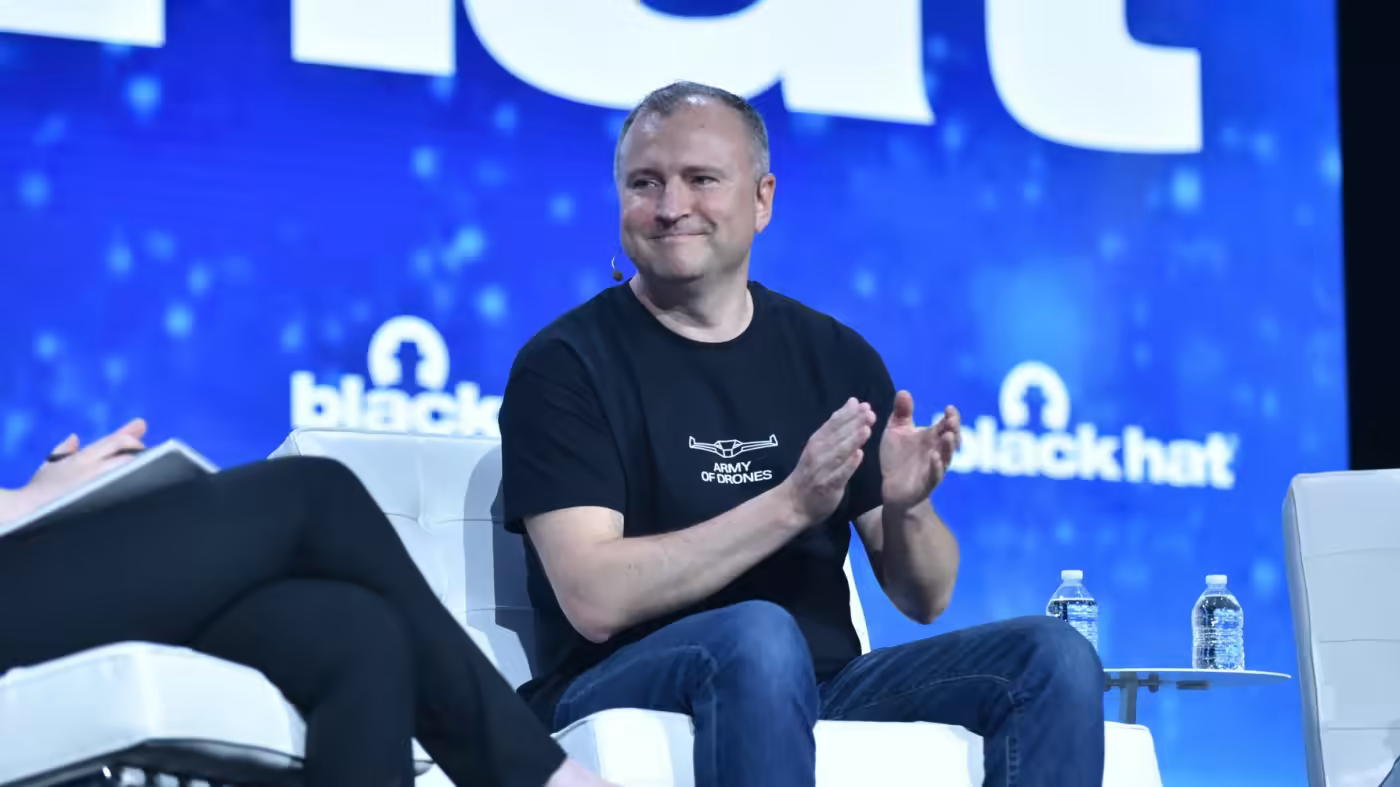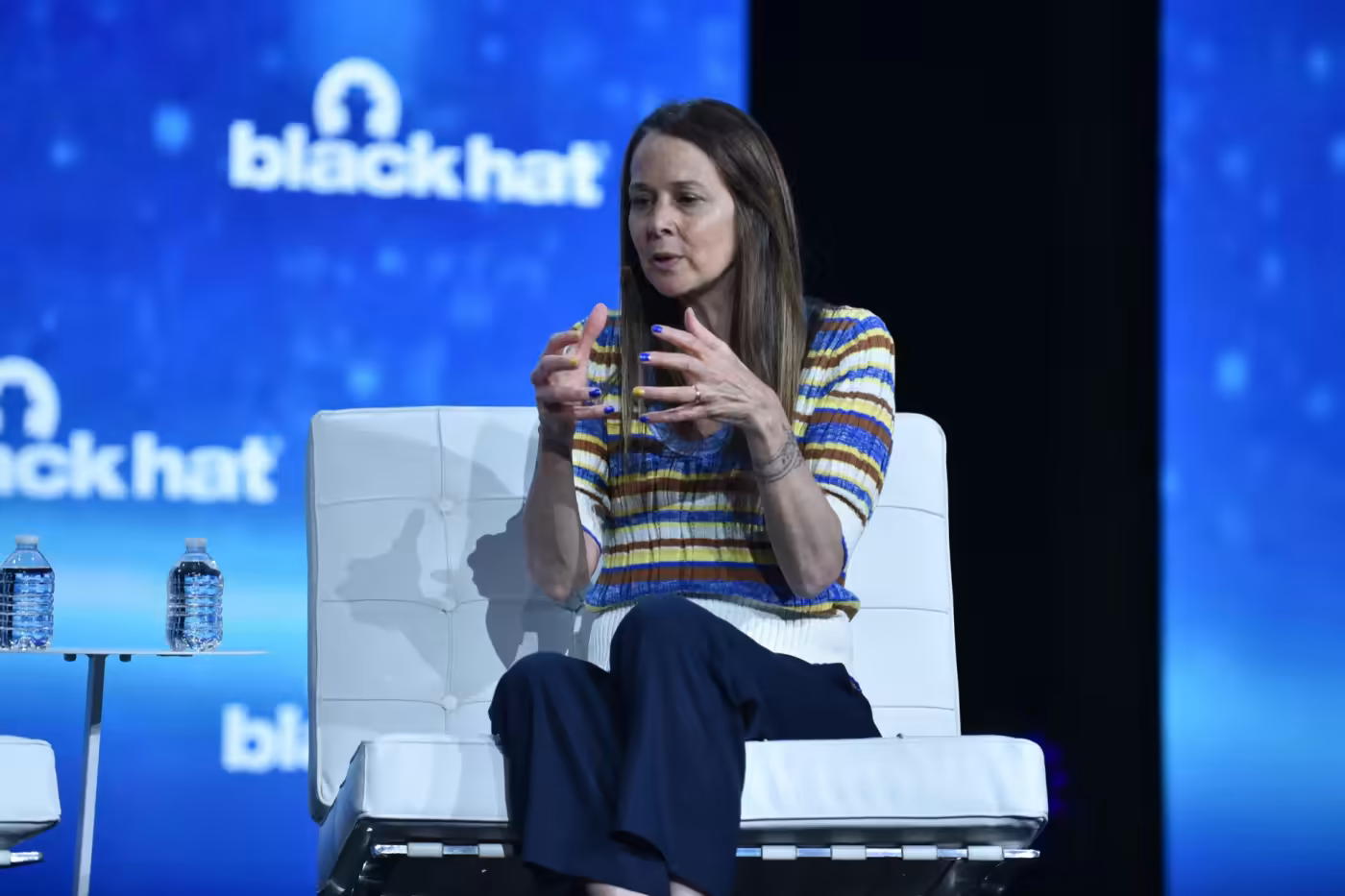Viktor Zhora, the public face of Ukraine’s success against Russian cyberattacks, received a hero’s welcome earlier this month on stage at Black Hat, the world’s biggest cybersecurity gathering, in Las Vegas.
“The adversary has trained us a lot since 2014,” the year that Russia annexed Crimea, said the deputy chair at Ukraine’s special communication and information protection service. “We evolved by the time of the full-scale invasion [in February last year] when cyber became a major component of hybrid warfare.”
At an event where IT professionals asked for selfies and one man cried on his shoulder, Zhora also shared a fist-bump with Jen Easterly, the director of the US Cybersecurity and Infrastructure Agency. “We take a huge page out of Ukraine’s playbook,” she said. “We’ve probably learned as much from you as you are learning from us.”
But away from the spotlight, the event’s delegates argued that the US and its allies that have helped to fund Ukraine’s cyber-defenses have failed to reflect on Kyiv’s experience.
Cyber executives told the Financial Times that the West is struggling to replicate the collaborative methods that had proved successful in the conflict, complaining they are instead mired in regulatory and legal roadblocks that thwart fast-moving responses that require open sharing of often sensitive or embarrassing information.
“There is a reality that exists in Ukraine that I don’t think most of the West can really put themselves in,” said Matt Olney, director of threat intelligence and interdiction for Cisco Systems.
Olney recounted a time when Cisco, which has been involved in Ukraine for more than a decade, sparked confusion and outrage from US authorities with a proposal for a radical security upgrade to a state’s election system.


 Loading comments...
Loading comments...
